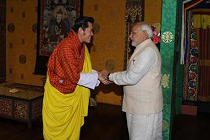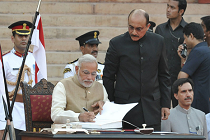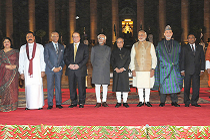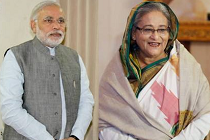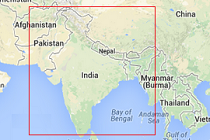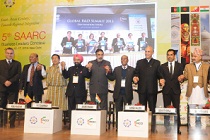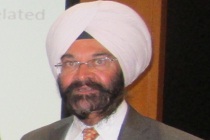The UN and sustainability
The UN and the global finance industry are making gradual but concerted efforts to align business interests and ecological sustainability. A growing number of companies are combining profit-making with social responsibility. There is still a long way to go, but the UN system has created useful mechanisms of change




